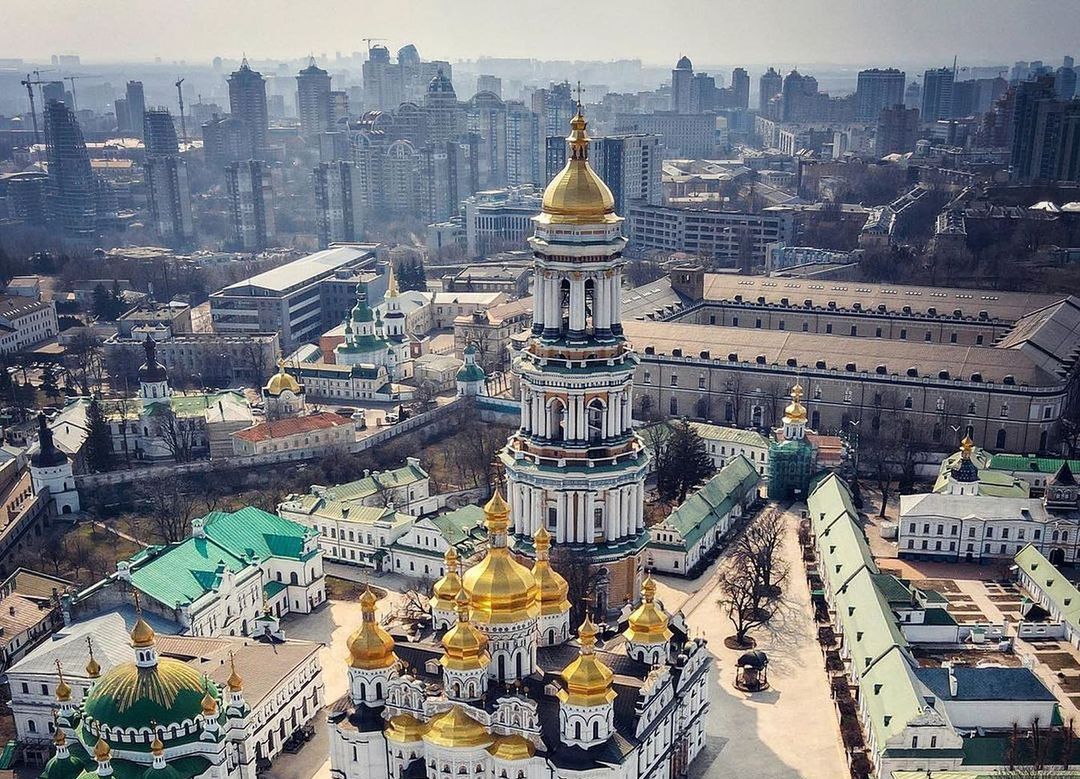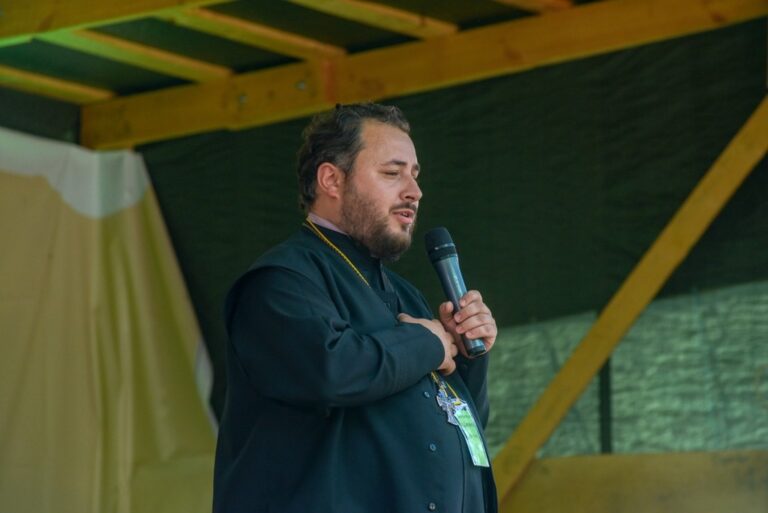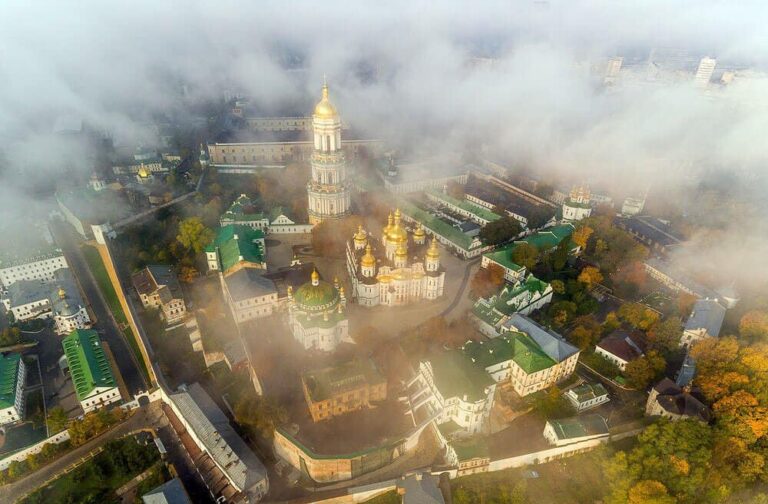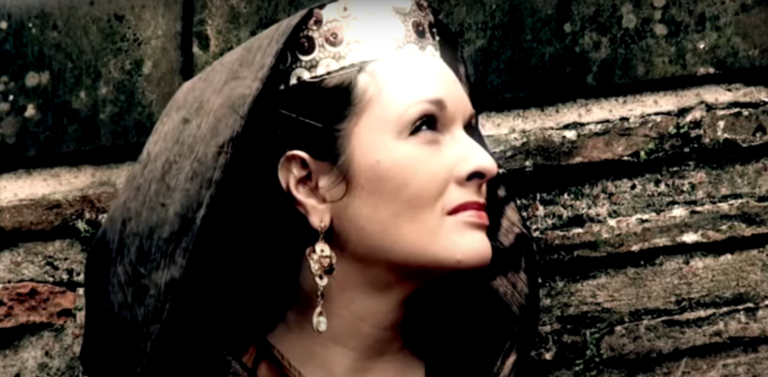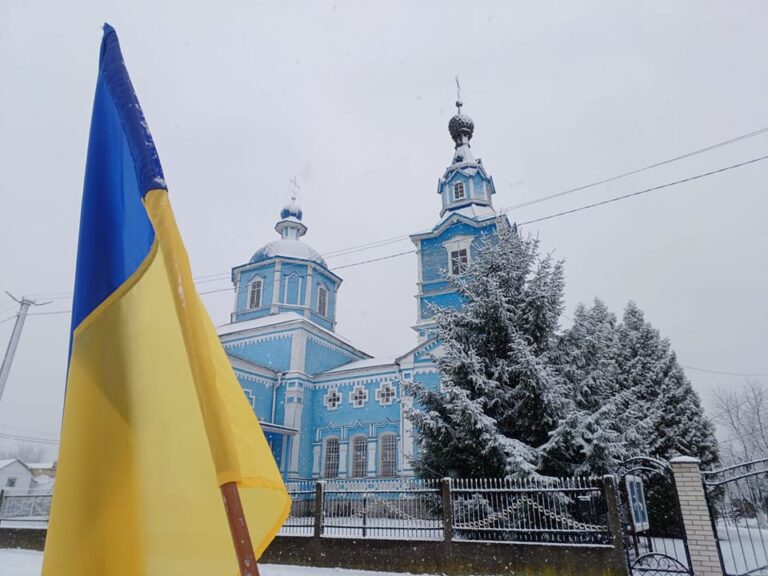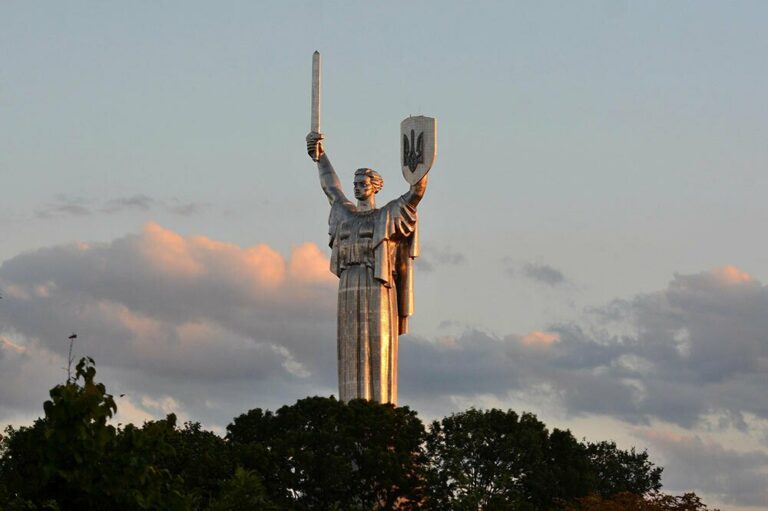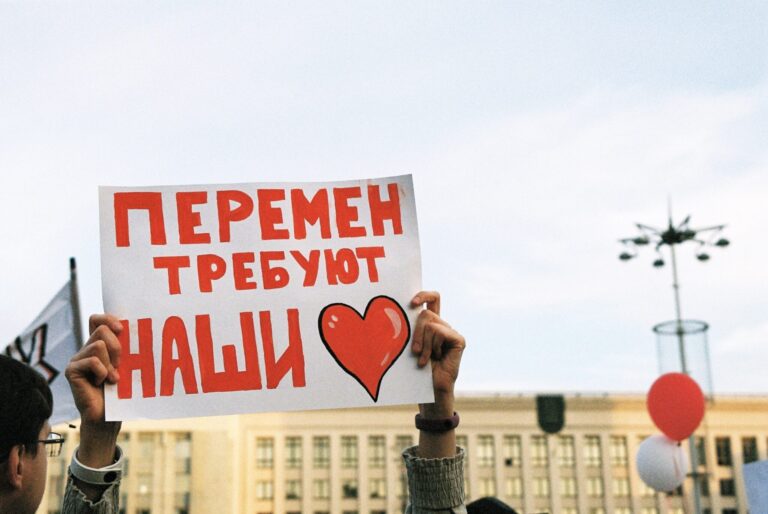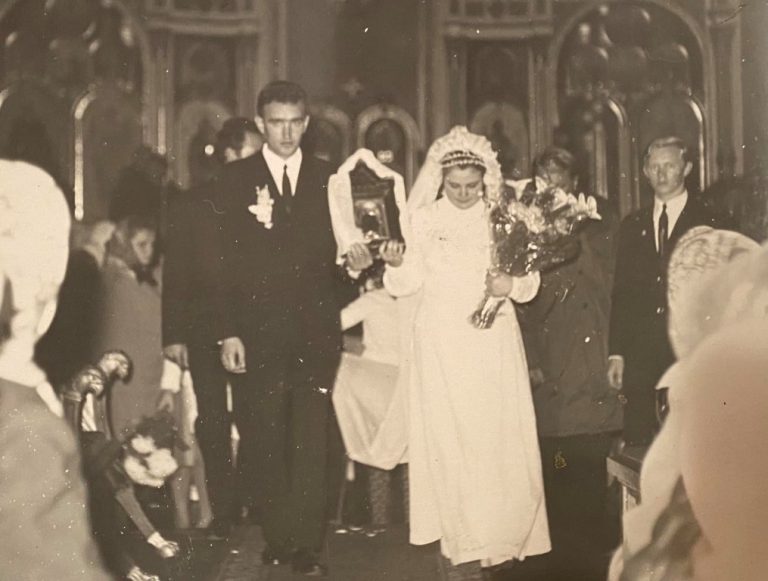We strive to find out what an adequate state policy can be in a country that sees its future in the European Union with its high standards for the protection of human rights and the rule of law, despite all the challenges of the terrible war that the Russian Federation has unleashed against it.
With this goal in mind, we shared with experts from different countries what concerns us as believers of the UOC, and asked them 7 questions. From today we will gradually offer you the received answers – both in Ukrainian and English.
And we have a few important remarks.
All experts answered independently from each other. We did not shorten or change anything: you read the original text of the author.
It was our conscious decision not to open now the names of the experts. According to our agreement with them, all comments will remain confidential for at least three weeks from the beginning of the publication. After that, each expert is free to decide whether he/she is ready to open his/her name.
Why did we do that? Unfortunately, when publishing materials from high qualified speakers, we have repeatedly seen waves of fakes and hate: instead of discussing facts, opinions and arguments, a number of people tried to spread fictional or biased negative information about the expert on social networks. Instead, we want for the website Dialog.tut to be a platform of meaningful and constructive discussions.
So, from today we invite you to start getting acquainted with the materials.
- Expert №1. Don’t handle a mistaken idea of “unity” / Не піддавайтеся спокусі хибної «єдності»
- Expert №2: Russian documents should not determine the fate or name of the UOC, as well as any organization in Ukraine / Документи росії не повинні визначати долю чи назву УПЦ, як і будь-якої організації в Україні
- Expert №3:The Turkish authorities disputed the right of the Patriarchate of Constantinople to use the concept “Ecumenical” for its self-name / Влада Туреччини оскаржувала право Константинопольського Патріархату називатися Вселенським
- Expert №4: The actions against the UOC have done much more damage to Ukraine than help / Дії проти УПЦ завдали Україні набагато більше шкоди, ніж користі
- Expert №5: A Theological Case for a Religiously Pluralistic Ukraine / Релігійне майбутнє: два шляхи для України
- Expert №6: Два сигнали від влади. Хто реально хоче заборони УПЦ — експерт
Stay on the wave of dialogue and spread these texts – so that human rights, the rule of law and mutual respect win in our country. Ukraine should never become a space dominated by discrimination and authoritarianism.
Цей текст також є українською мовою: 7 запитань до міжнародних експертів про релігійну свободу в Україні
Question no. 1. On the requirement to rename the UOC
We are believers of the UOC, and as citizens of Ukraine we feel in a certain impasse.
On the one hand, the so-called “law on renaming” no. 2662-VIII, adopted on December 12, 2018, came into force. According to the decision of the Constitutional Court of Ukraine of December 27, 2022, it was recognized as not being contrary to the Constitution of Ukraine.
In 2019, the religious expertise of the Ministry of Culture was published, as well as in 2023 the conclusion of the religious expertise of the SEFC (DESS) – both of them represent the UOC as a component of the Russian Orthodox Church. Both documents are disputed by the UOC in the courts.
From this perspective, we, the faithful of the UOC, are reproached: “Your Church is not renamed in accordance with the current law. Why does the UOC not comply with the law? If you are for the rule of law, follow the law!”
On the other hand, we as members of this religious organization perceive the state’s attempts to indicate to a religious organization what it must be called and what data must be mentioned in its title, as discrimination on the basis of religion and unacceptable humiliation. Because we, as citizens of Ukraine, are legally forced to play by the rules of the aggressor state. It is also obvious that the Russian Orthodox Church will not remove the UOC from its statutory documents, therefore, we will be in one or another way subject to the law on renaming.
What does this situation look like in terms of international standards of religious freedom and human rights? Are there precedents in other democratic states with the rule of law where authorities “bring order” in the religious sphere, setting strict restrictions on the titles of religious organizations?
Question no. 2. On international mechanisms for challenging the renaming requirement
According to the “law on renaming”, our Church must necessarily indicate in its statutory title the full title of the foreign religious organization of which it is a part, or “mark its place in the structure of a foreign religious organization”.
In the Statute of the Russian Orthodox Church, our Church is called “Ukrainian Orthodox Church”. Therefore, as far as we understand the logic of the current law, the title “Ukrainian Orthodox Church within the Russian Orthodox Church” would correspond to the law.
However, the 2015 ODIHR/OSCE recommendations (“Guidelines on the Legal Personality of Religious or Belief Communities” the OSCE Office for Democratic Institutions and Human Rights) indicate: “In the regime that governs access to legal personality, states should observe their obligations by ensuring that national law leaves it to the religious or belief community itself to decide on its leadership, its internal rules, the substantive content of its beliefs, the structure of the community and methods of appointment of the clergy and its name and other symbols. In particular, the state should refrain from a substantive as opposed to a formal review of the statute and character of a religious organization”.
What legal opportunities do we have as citizens of Ukraine to challenge the law on renaming at the international level, if all possibilities at the level of state legislation are exhausted? Is there none?
Question no. 3. About Religious Expertise of the State
The website of the human rights organization “Forum-18” states that “the concept of a religious ‘expert examination’ is vague and legally questionable”. There is also a warning that across the post-Soviet region, including in Belarus, occupied Crimea, and Central Asian states “expert analyses” are often used to restrict freedom of religion or belief and other violations of human rights, including a reason for imprisonment.
In your opinion, in what cases and contexts are state religious expertises relevant? Is the expertise of the SEFC/DESS and its Conclusion on the Statute on Management of the UOC an instrument for restricting the religious freedom of the UOC faithful?
Question no. 4. On changing the subordination of religious communities
Along with the constant destruction of hundreds of church buildings of the UOC as a result of the invasion of the Russian Federation into Ukraine, we experience many sad and even tragic situations around the church buildings in the context of the so called “changes of belonging from the UOC to the OCU”.
On the basis of the “law on changes of belonging” no. 2673-VIII of January 17, 2019, many UOC parishes lost access to their church buildings. In part of such church buildings, the OCU has now its worships, some are closed, and meanwhile the parishes of the UOC that had worships in those churches buildings before, have to gather for worships somewhere, including various non-adapted premises or even in the forest.
That means that the state intervened in the procedure for determining the belonging of religious communities and this had serious consequences for many UOC believers.
Repeatedly I heard: “There are no violations of the rights of the UOC believers, there are no problems with changes of belonging”. However, many of us, believers of the UOC, are acutely aware of the reality of these problems, we try to document and challenge them in a legitimate way.
Can we consider that the law no. 2673-VIII on the change of subordination/belonging meets international standards of human rights and religious freedom? Or on the contrary, this is the level of state intervention in the functioning of religious organizations that is inappropriate in a democratic state with the rule of law?
Question no. 5. About interaction with the state
The sense of unity that Ukraine lived in the first months of the full-scale invasion of the Russian Federation, for many believers of the UOC gave way to confusion or even despair. After all, we fight the aggression of the Russian Federation together with all others and suffer from it together with all others, but meantime a number of politicians, public servants, media and representatives of the OCU brand us enemies of our own country, try to erase us from its life, up to the prohibition of the activities of UOC organizations.
We strive to protect our rights and truth, but in a way that does not harm our state in conditions of the war.
Meanwhile, reproaches are heard against the UOC faithful: the war is an inappropriate time to appeal against the decisions of state authorities and to protect one’s rights in international institutions.
Where are the reasonable limits for protecting our religious freedom? When should we refuse to argue with our state, so as not to harm it, and when should we defend our rights, because this is important to us, ordinary people? And what would be conditions in a democratic state with rule of law to ban the activities of a religious organization?
Question no. 6. On trends in the religious life of Ukraine
What dangerous or encouraging trends in the religious life of Ukraine do you see?
Question no. 7. About expert advice to the Ukrainian authorities
If there would be an opportunity to advise the President, the Parliament, the Government of Ukraine on the ways relating the UOC in compliance with international regulatory standards, what would you advise to do in the sphere of state policy in conditions of the war?



